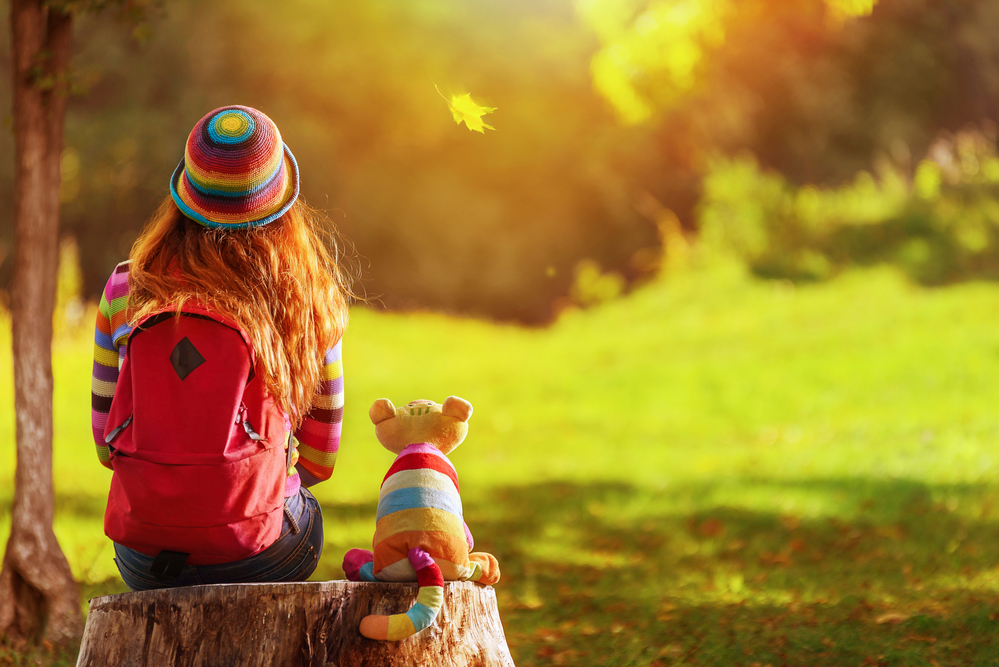
Childhood experiences are the series of events that we go through as a child – and these can range from being emotional, psychological, physical or cultural in nature. Our childhood experiences lead to us experiencing a wide range of emotions which explains why many of us continue to remember them as we grow up as a child and well into our adult years.
Why do childhood experiences affect us?
Childhood experiences play a crucial role in shaping our views as an adult and affect the way we behave, think, feel and associate to various elements in life.
Remember the fear you felt after an up-close encounter with a wild monkey when you were a child? Since then, you’ve developed a fear of monkeys and would avoid going near one at all cost.
To explain the rationale behind this cause-and-effect situation, studies have shown that children with strong relationships with their parents from the day they are born are more likely to have a better sense of security. What’s more, there are other findings which indicate that children who do well in school came from positive home environments where they feel loved and supported.
Thus, it all boils down on the types of experiences that we are exposed to and nurtured with during the early years.
Examples of childhood experiences that continue to affect you in adulthood
Be it happy moments or those that put us down, our childhood experiences are the ones that determine how well-adjusted we will turn out in the later years.
Here are some examples of early childhood experiences that have the greatest impact – according to research:
1. Family relationships
We all know how important it is for children to grow up in a loving home environment as this affects their view on relationships and how they relate to the people around them.
Research has shown how divorce greatly affects children, especially if it happens during the early years. Other studies have shown how incidences such as this shapes a child’s view on the various elements of a relationship.
Children who have been through their parents’ divorce tend to feel very strongly towards issues such as morality, fidelity and compassion. Over time, the way they react to these can trigger paranoia which may affect relationships in an undesirable manner.
2. Spanking
Way before concepts such as gentle parenting and the belief that parents should “spare the rod” were brought up, spanking was a common discipline method back in the day. Most of us would have gone through the experience of getting spanked at certain points of our childhood – and that definitely wasn’t one of our best memories growing up.
Studies by the University of Michigan showed that individuals who were spanked as children can experience serious mental health issues in adulthood. These included the likes of depression, drug abuse, moderate to heavy alcohol consumption and suicide attempts. As a conclusion, researchers highlighted the importance of promoting positive parenting in today’s parents.
3. Attachment
How attached an individual was to their parents as a child determines their likelihood of growing up to become well-adjusted adults. When children experience secure attachments to their parents when they are young, they make great progress academically, socially and mentally.
That is why experts such as clinical psychologist Dr Magdalena Battles recommend that attachment habits such as co-sleeping and baby wearing are practiced to benefit a child’s personal and social growth.
4. Doing everything for the child
As parents, we only want the best for our children – but there are times when we need to be mindful of the consequences when we do everything for them.
Yes, it is tempting to micromanage what your children do or eat to stop them from making the wrong decisions. However, this can lead to them becoming over-reliant on others when they should be learning how to think for themselves as they grow up.
What’s more, studies have shown that micromanaging our children is linked to conditions such as low self-esteem, depression and confidence issues in adulthood.
5. Role models
Children learn best from mimicking their role models – which usually, are their parents – and their experiences with their role models play an important role in affecting the way they behave as adults.
Dr Rebecca Bergen, a clinical psychologist and co-founder of the Bergen Counselling Center in Chicago, suggests that parents take the time to teach their children about the complexities of emotions such as love, anger, happiness and hurt. It’s little steps such as this that will impact the way children display and manage their emotions as adults.
Because after all, early childhood experiences are the ones that shape our path towards adulthood.























